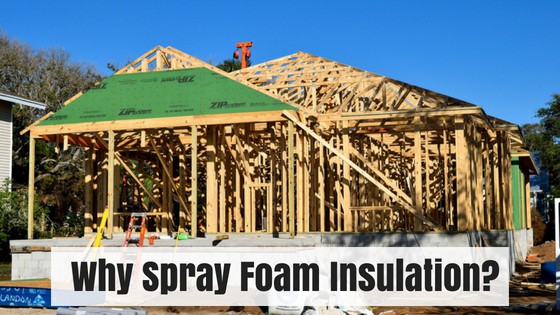![]() Phoenix, Arizona: 602-932-1623
Phoenix, Arizona: 602-932-1623
![]() Phoenix, Arizona: 602-833-1185
Phoenix, Arizona: 602-833-1185

June 18, 2018
When choosing insulation for a building, spray polyurethane foam (SPF) can be an excellent choice. It increases energy efficiency while doing its job of adding a protective layer to your roof.
SPF is produced by mixing certain chemicals to create foam. What happens is that those chemicals react instantly, expanding on contact to create a foam that insulates, air seals and fills cracks and gaps.
Professionals apply SPF insulation that are either high- or low-pressure foam available as closed-cell or open-cell.
Open-cell foam absorbs sound very well, provides air barrier at full wall thickness and is less expensive. Closed-cell foam has many reasonable advantages even if it costs more:
Among the other types of insulation, SPF works the best. It effectively seals all crannies due to its expansive nature. It has the highest R-value in the market today.
Moisture, as we all know, is the culprit of many problems. It deteriorates our roofs and gradually all parts of the property. With SPF and its water impermeability, moisture and leaks will be totally prevented.
Aside from being water-resistant, SPF is made up of an inert polymer that would inhibit mold or bacteria growth.
Because of its rich insulating properties, families and businesses have been able to save a significant amount on their energy expenses. Compared to other types of insulation that gives a saving rate of around 30 percent, SPF saves at an average of 50 percent! Talk about cost-efficiency.
Due to its unique capability of completely sealing holes and cracks, air leaks are prevented. Air leaks are one of the biggest contributors to high energy bills.
With all these benefits, spray foam insulation is definitely one of the best insulating systems for your property. Who knows? It could be the perfect insulation method you are looking for.